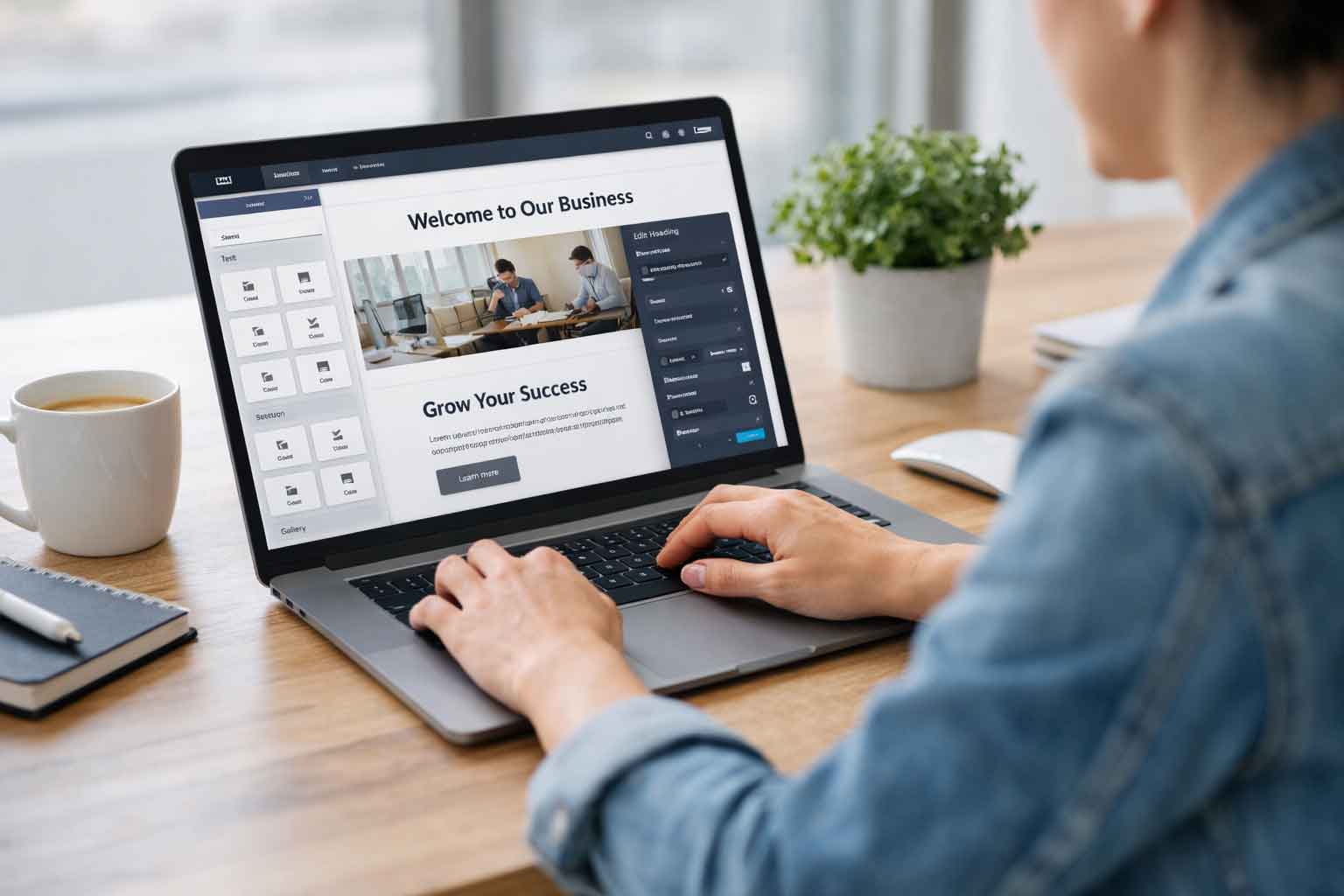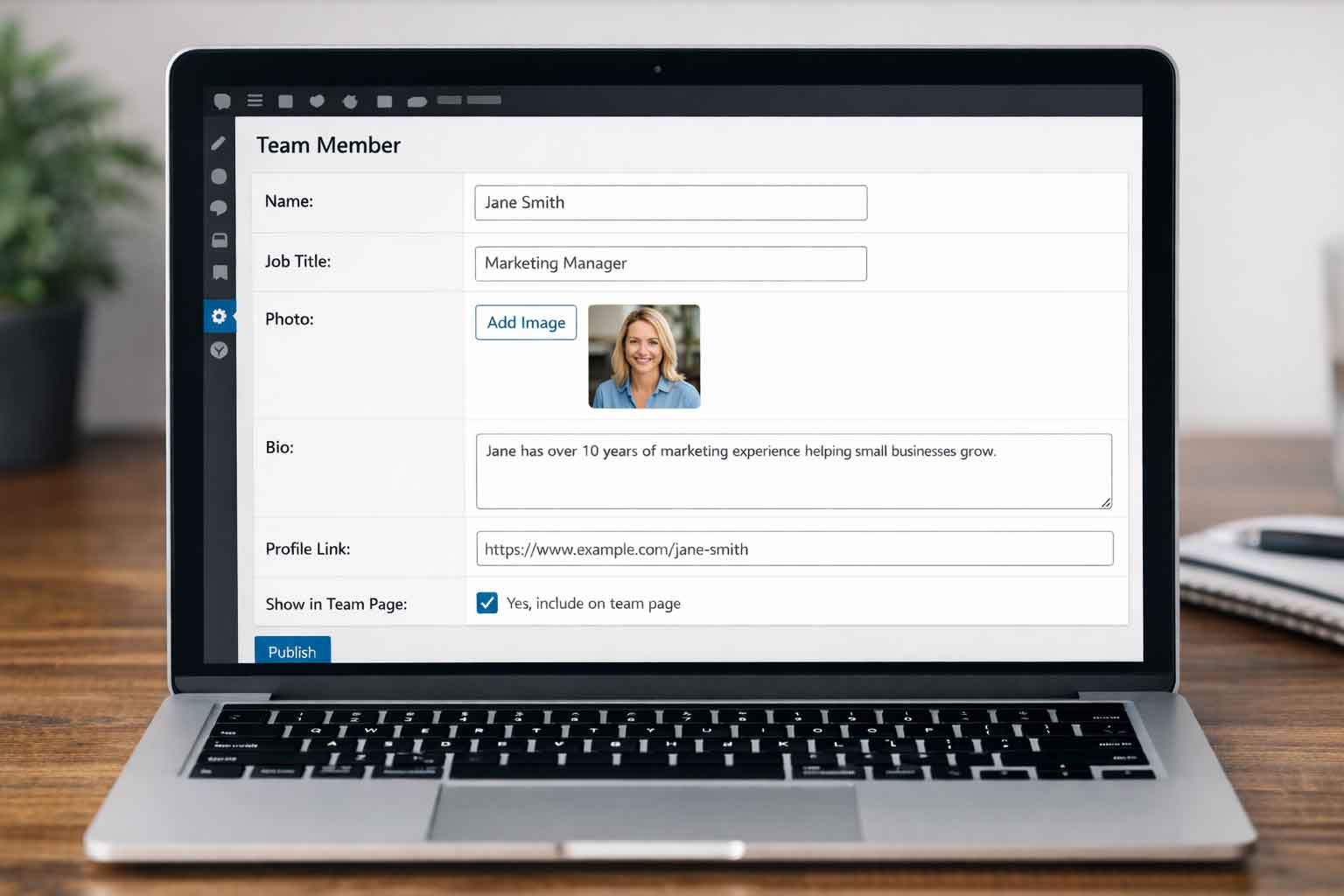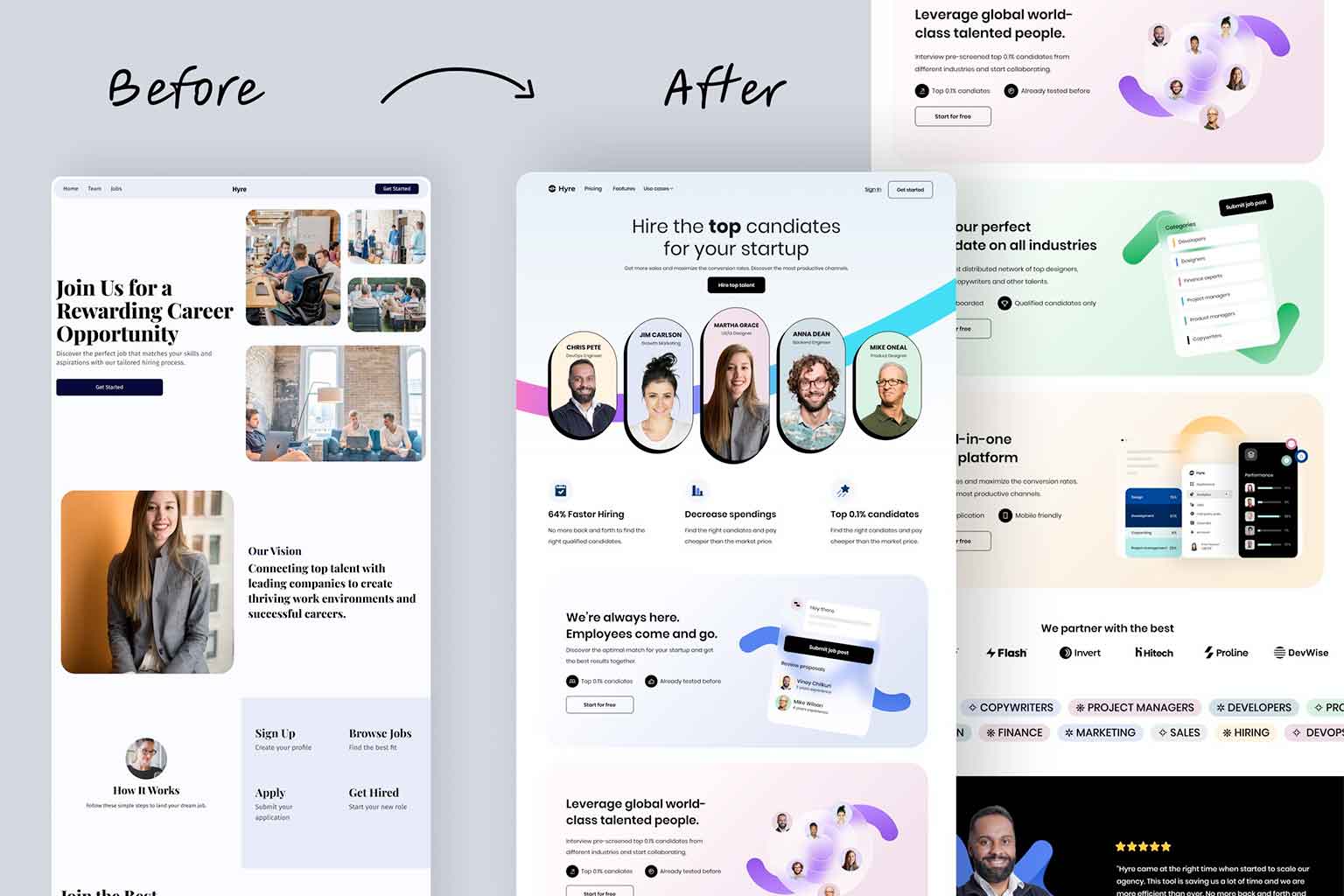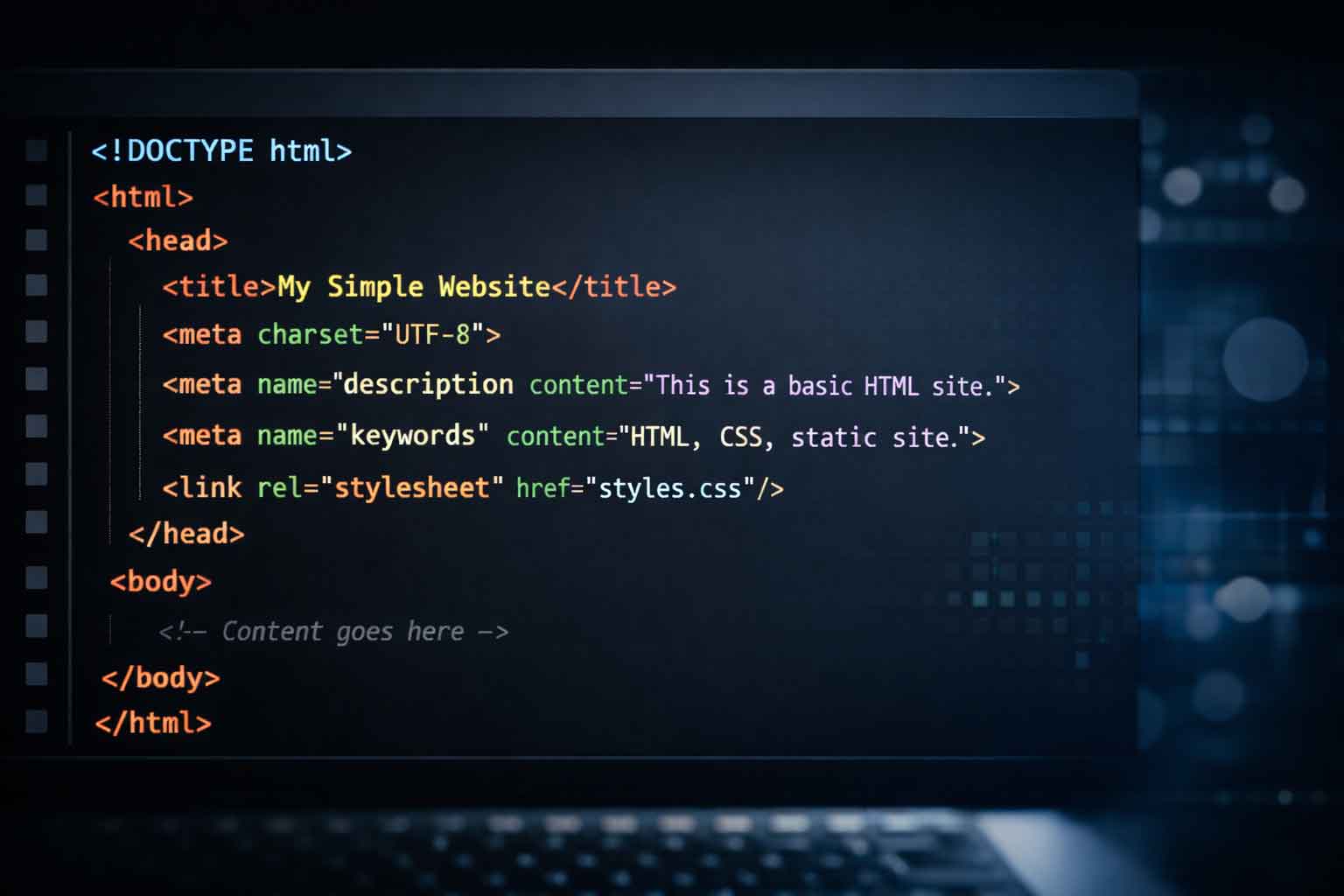Some of our clients have multiple individuals writing blogs for their website. Having content from different perspectives is a great way to showcase all that your business has to offer. However, you may not always want to give admin access to all blog contributors. Thankfully, with WordPress, there are two really great options.
The first option is to set the additional writers up with a WordPress account and set their role as “author.” By doing this, those contributors will be able to login as needed, create new blog posts (and a select few other types of posts, depending on the plugins used on the site), and edit older posts. They will not, however, be able to add new pages or edit older ones. With this account role, your additional writers can edit their personal WordPress accounts, but they will not be able to create any new accounts or change their own role.
Alternatively, a business may opt to not allow individual authors WordPress access. We’ve had a few clients who have had additional blog writers contribute, but all content had to be approved by one person before that content could go live. To achieve this, the client simply created a user account for each writer, but did not share any login information with them.
That way, when the client (or other approver within the organization) received the written information from the author, the client could simply copy and paste the blog into WordPress and manually select the name of the author for that particular post.
With WordPress, there are some easy-to-use options that allow for multiple writers on a blog. Whether each writer has their own login or not, having multiple writers on a blog is a great way to show different perspectives and viewpoints: just one more way to make the most out of your blog and website.









